At a joint press briefing with his North Macedonian counterpart, responding to a journalist's question about criticism of Hungary's National Card program, the foreign minister said the current actions of the Baltic states are "ridiculous," noting there are over one million Russian citizens in the European Union, of which only 7,000 - just 0.7 percent - reside in Hungary.
"And in Germany, if I remember correctly, this number is 300,000. In the Baltic countries, which were the most vocal in the summer, it's around 140,000—twenty times as many as here. Yet, with the help of the European liberal media, the Baltic states are launching a huge propaganda tsunami against us, claiming this is a major threat," FM Szijjarto emphasized.
He pointed out that he had already discussed this at the previous EU Foreign Affairs Council meeting, where his Lithuanian counterpart raised concerns about a dramatic increase in the number of Belarusian citizens traveling on Hungarian visas. According to him, the truth is that so far this year, the Hungarian embassy in Minsk has issued fewer visas than during the same period last year.
Meanwhile, Germany, Italy, and France have significantly increased the number of visas issued to Belarusians, he noted.
"So what they are doing is ridiculous. It is ridiculous, and it is a lie. This is typical of the current Baltic governments, so we ask them to stop these kinds of lies. Apparently, though, all this is finding fertile ground in Brussels, because the European Commission is now requesting all kinds of data and posing all kinds of questions. However, when they're confronted with reality, they’re not so happy, and that’s the key point here," Mr. Szijjarto explained. He then responded to the Ukrainian president's request to use the weapons he received from the West for deep-penetration strikes in Russia.
He described any such measure as dangerous and a risk of escalation, emphasizing that diplomacy should finally take the lead instead of weapons. He also recalled that Hungary is the only EU and NATO member that has never supplied weapons to Ukraine, and will never do so.
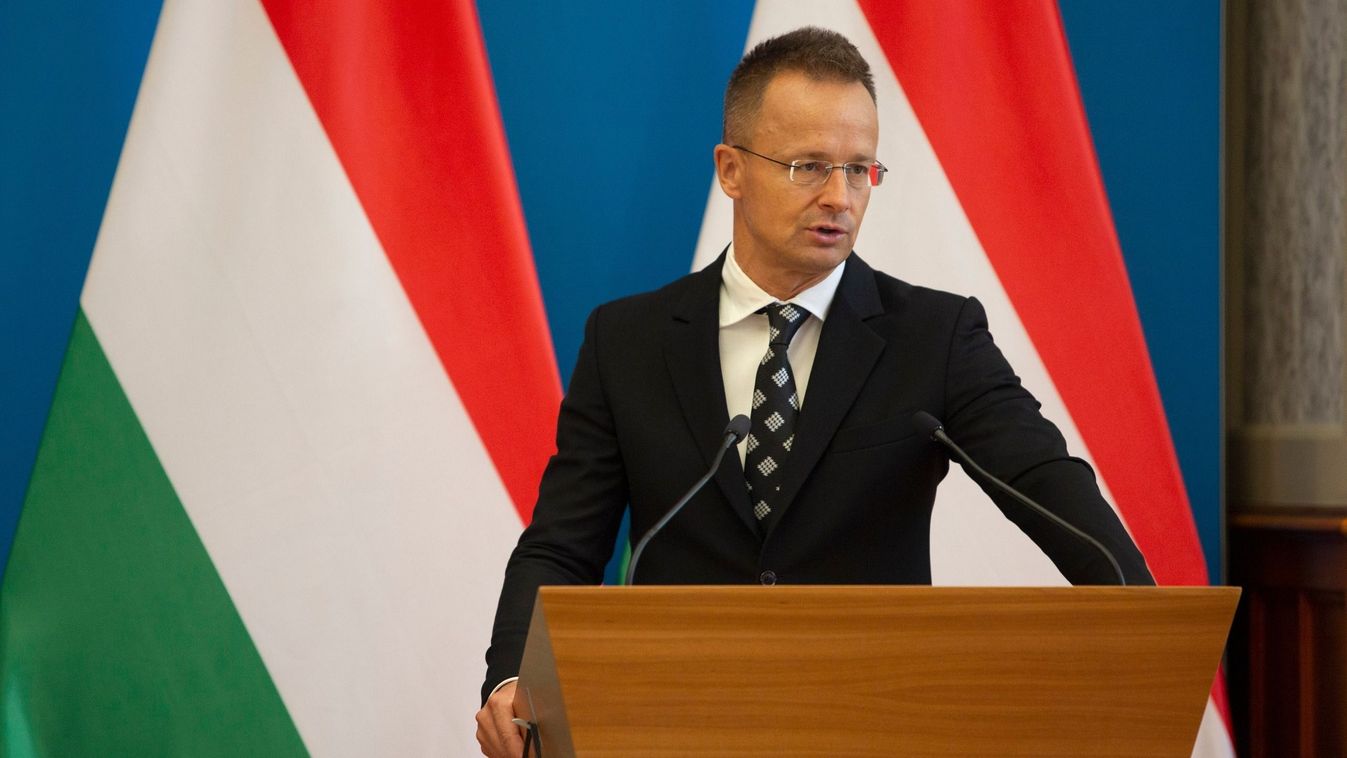

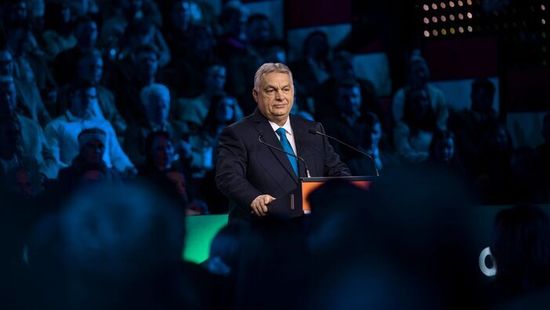
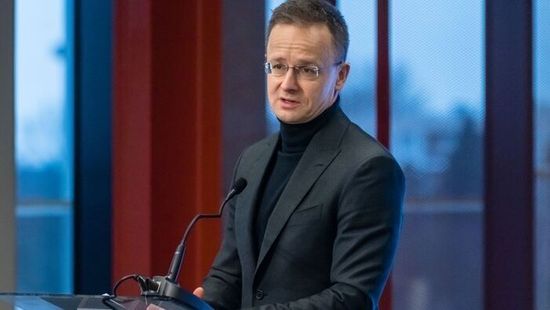
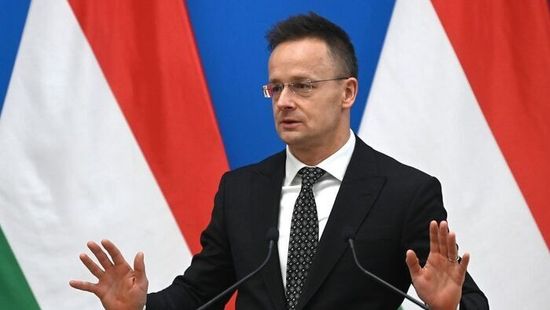

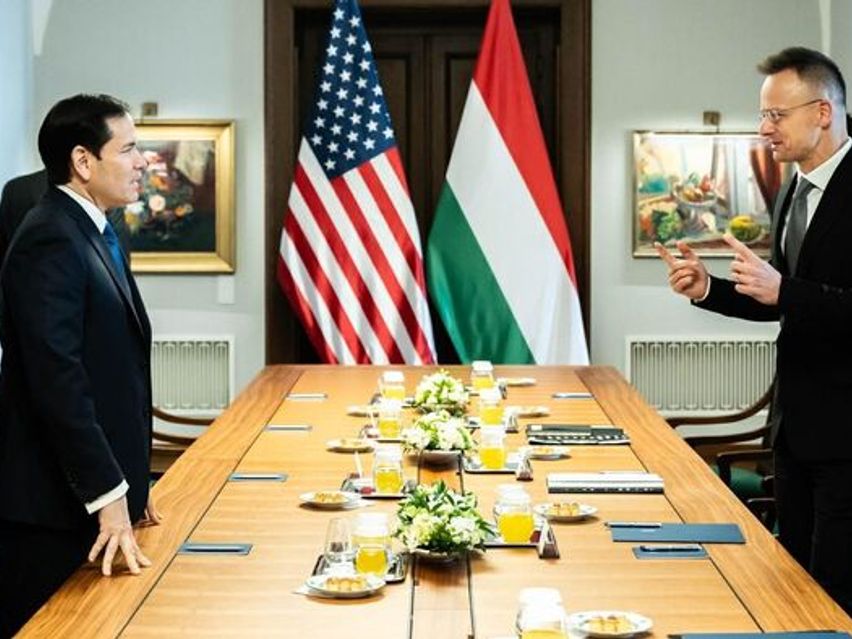
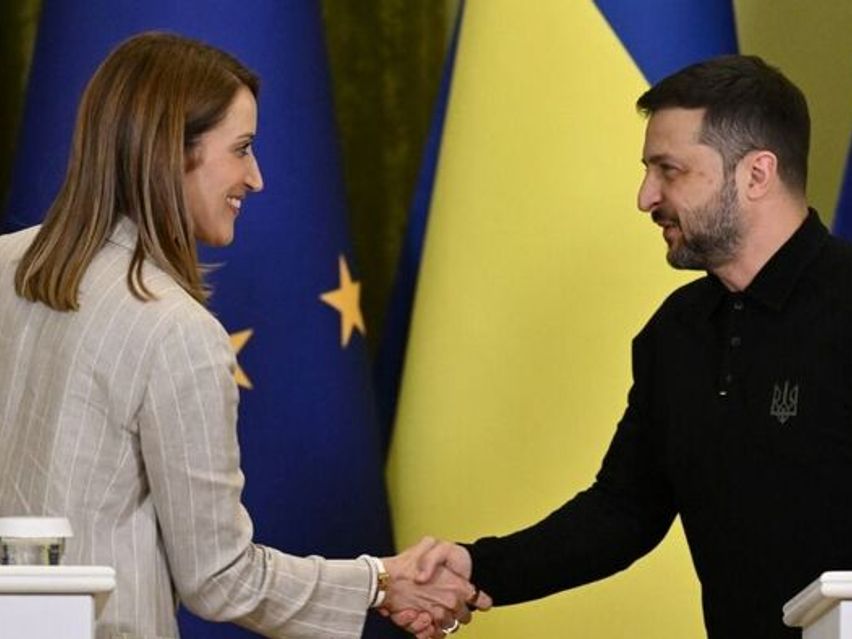

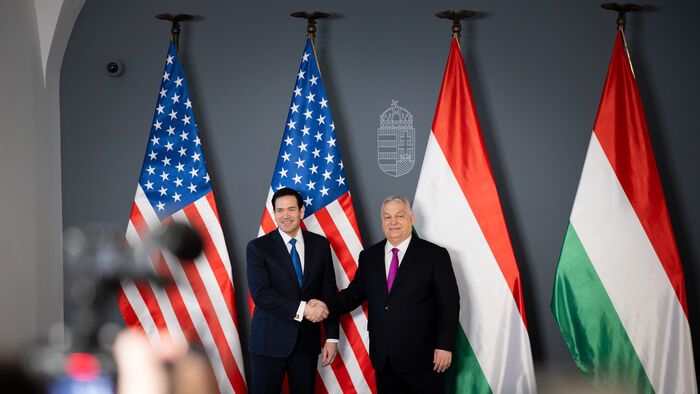


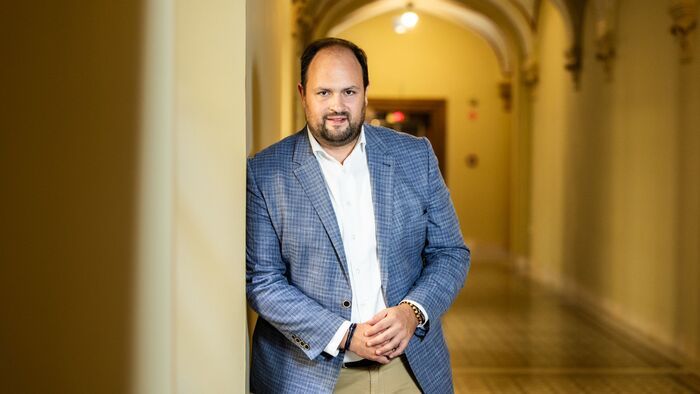

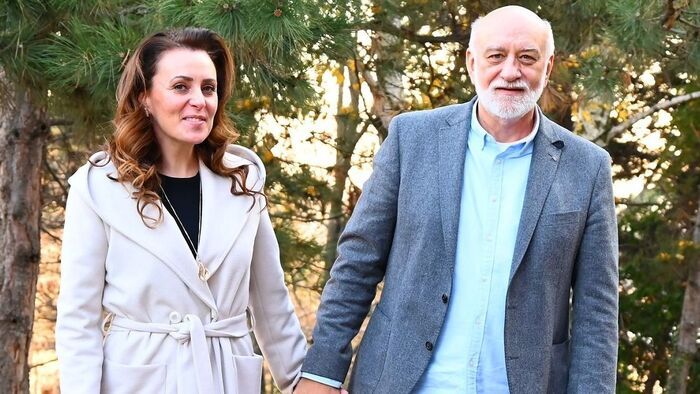
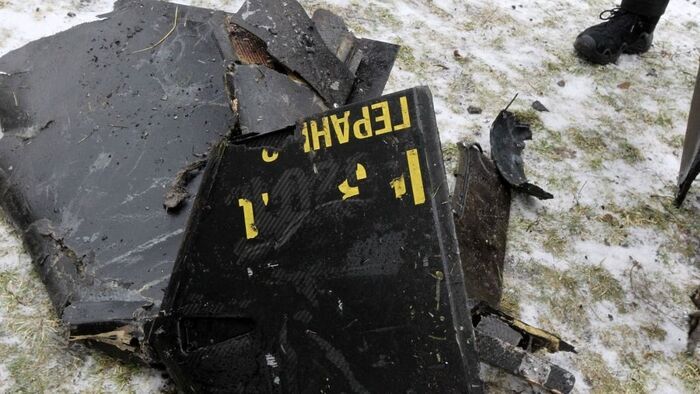
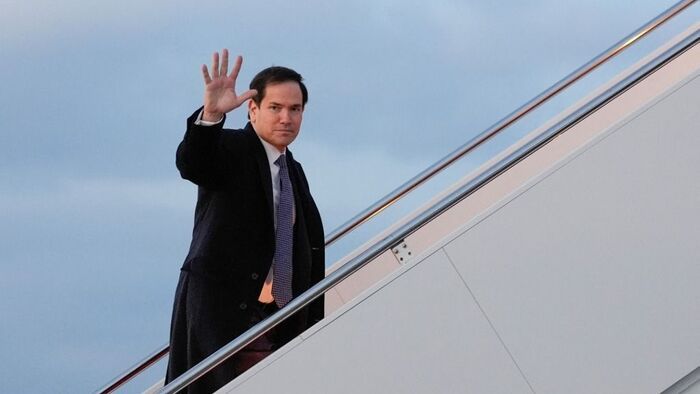




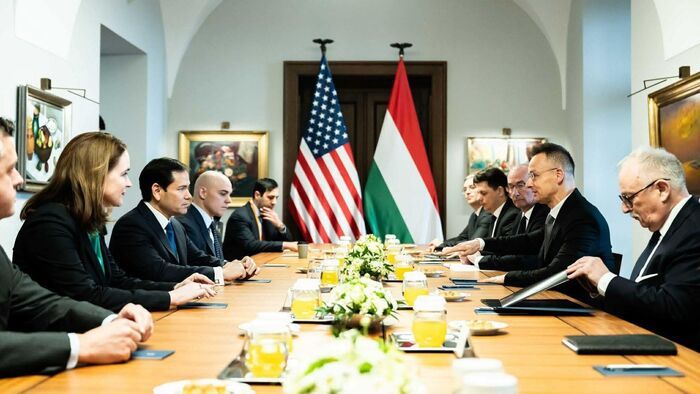

Szóljon hozzá!
Jelenleg csak a hozzászólások egy kis részét látja. Hozzászóláshoz és a további kommentek megtekintéséhez lépjen be, vagy regisztráljon!